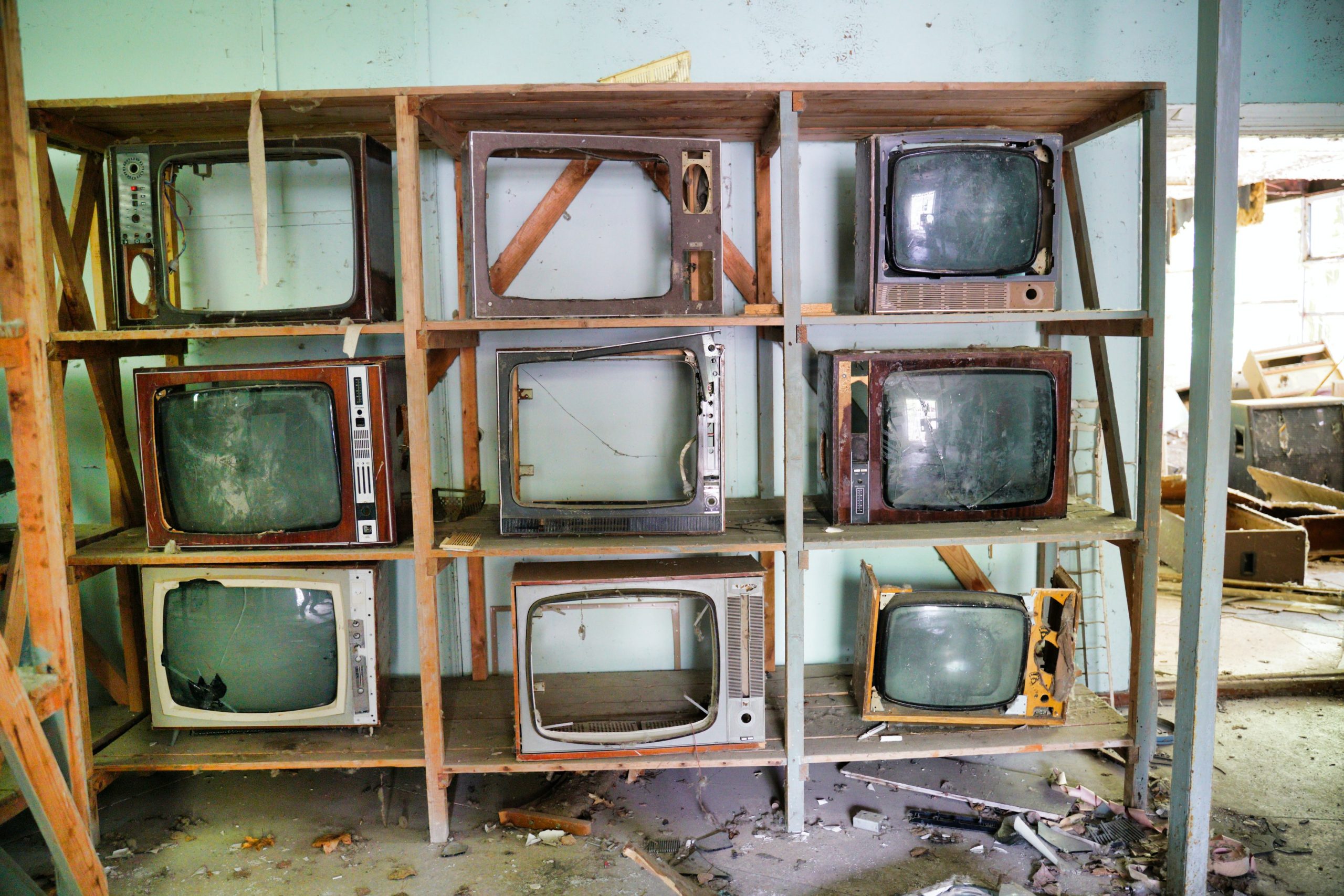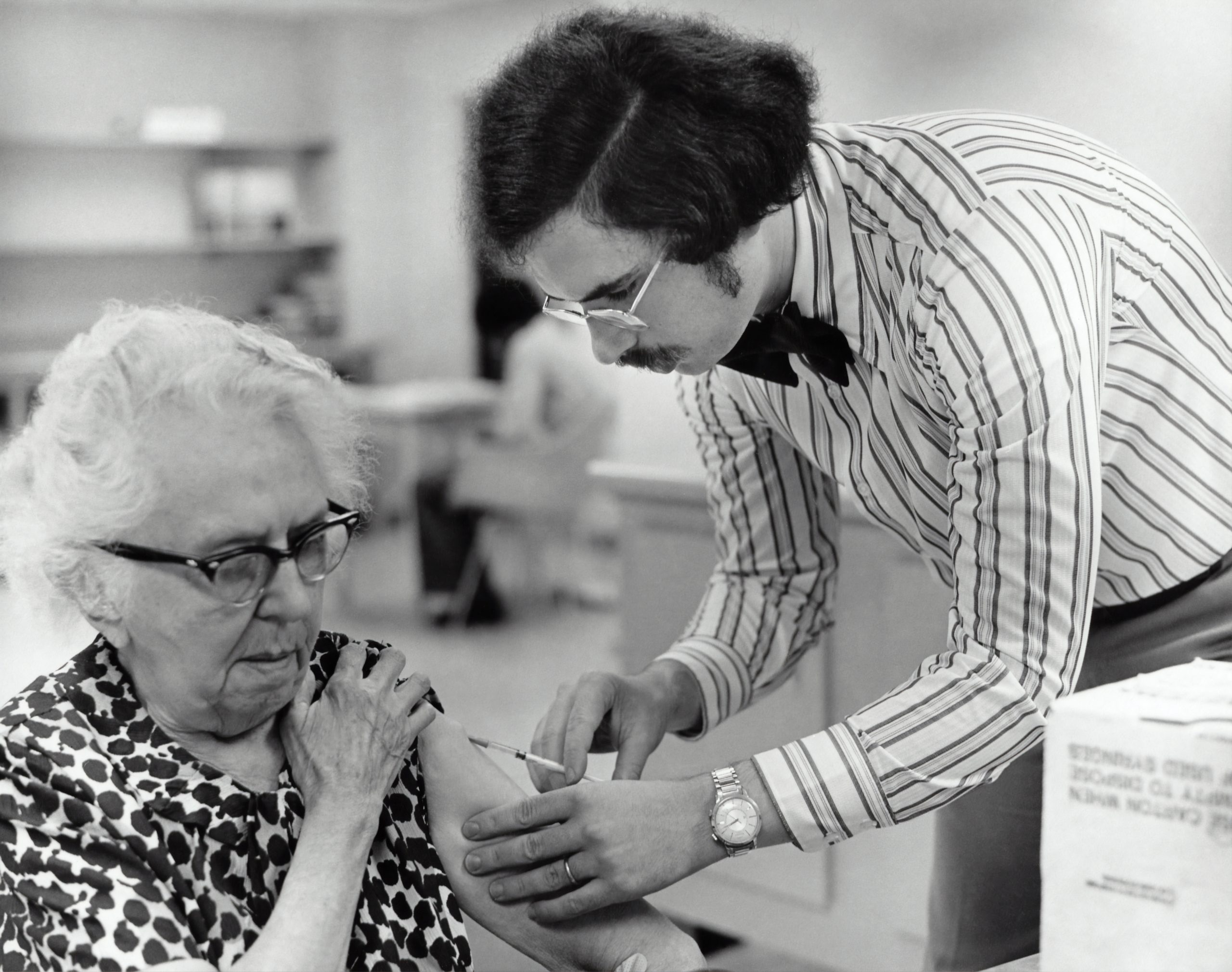
29 Dec 10 Things We Learned About Screens in 2020
We learned a lot in 2020. In January, most of us had never heard of coronavirus, let alone understood pandemic modelling, vaccine trials and mask legislation. But 2020 hasn’t just taught us about COVID-19. Through lockdowns all across the globe, we learnt more about ourselves and others than ever before; how we interact, work, live and what we need to do all of that all successfully. 2020 was the year of the screen. We all stayed home to work, learn and connect online. Here’s our round-up of the Top Ten things we learned about screens this year, and how they impacted us, both for good and for bad.
#1 They helped us connect
The best aspect about lockdown was the new avenues created to connect with our loved ones online. Suddenly Zoom quizzes sprang up in every spare evening, families called regularly and despite a lack of plans, everyone was kept up-to-date. Although we are living through an incredibly stressful time, screens helped us to connect and for that we will be forever grateful.

#2 They showed us we CAN work remotely
We also learnt that (for the most part) we can work from home. It may be challenging, complicated by housemates and children underfoot, shared workspaces, poor wifi and more, but it is possible. It’s been so successful that many are considering moving their workforce to remote working, or at least hybrid working– potentially changing the shape of office work forever.
#3 They inspired creativity and innovation
We were not only treated to new forms of connection, we were also able to watch incredible entertainment created around the restrictions of COVID. The Old Vic hosted virtual productions of ‘A Christmas Carol‘ whilst Comic Relief put on a Zoom-based Cinderella pantomime, both with great success. Despite the losses the entertainment industry, (amongst others), suffered this year the restrictions have inspired amazing innovation.

#4 They impacted our mental health
If we were ever in doubt that excessive screen-use impacts our mental health, 2020 cured us of that. One study found a significant correlation between COVID-19 lockout and the increase in mental health struggles in the UK which they linked definitively to the increase in screen-use associated with the coronavirus restrictions.
#5 They bred doom-scrollers everywhere
We’ve highlighted the issue of doom-scrolling before. It’s the act of mindlessly scrolling through one negative story after another in an endless cycle. Due to all that extra time, and a tsunami of bad news, this bad habit boomed in 2020, leading to many falling deeper into negativity and anxiety as they were unable to switch off.
#6 They helped conspiracies spread too easily
Our founder, Tanya Goodin, has written about the difficulties arising from the prevalent spread of conspiracies online. Whether it is QAnon, anti-vaxxer or plan-demic related, many conspiracies have risen to prominence in 2020. Fake News, mistrust of the media and isolation have all worked in tandem to create an environment rich for manipulation, and too many of us are falling for it. If you’re worried about someone in your life falling foul of a conspiracy theory, we recommend listening to our podcast with Prof. Emily Bell on the subject, or you could read Goodin’s article for some tips.

#7 They made our sleep deteriorate
Since the dawn of Time To Log Off we’ve been highlighting the impacts of screens on our quality of sleep. Before the pandemic, 42% of adults missed out on sleep due to excess screens, in 2020 this has dramatically increased. Good quality sleep is one of the main building blocks of life and essential for maintaining good mental health. So, we recommend limiting screen use, especially before bed and in the bedroom. Take back control of your sleep habits.
#8 They showed us online learning is flawed
No matter how hard education professionals globally have tried to make online learning work for both students and teachers, it has had its problems. Primary school children often struggle to focus without in-person supervision. Some have even pointed out that social (as well as academic) development will slip during this time. Screens, though useful to fill the gap while schools were closed, could not do everything an inspiring teacher can do.

#9 They made us want to log off
Over 3/4 of American families committed to taking part in a digital detox after lockdown, due to their experience of increased screen usage during the pandemic. We found we all needed time to decompress without screens this year. The ways we have used screens in 2020 has meant that our work, interaction and entertainment were all totally reliant on them. Most of us felt a large change with this shift online, and acknowledged the need for time logged off.
#10 They highlighted there’s no substitute for in-person interaction
Despite the many positives that screens have brought us in 2020, we learned that they can never be a substitute for face-to-face interactions. Whilst we are restricted by the pandemic, we have to use screens for work and for connecting with loved ones but it has taught us without a doubt that we need to prioritise human interactions over screen-based ones.

One thing 2020 taught us, is to appreciate the many advantages of the digital world as well as highlighting its flaws. We’ve spent many years trying to show what we miss out on when we spend too much time online and 2020 emphasised that for everyone. Let’s look forward to 2021, when we can spend much less time in the virtual world and appreciate the real world once more.




Sorry, the comment form is closed at this time.